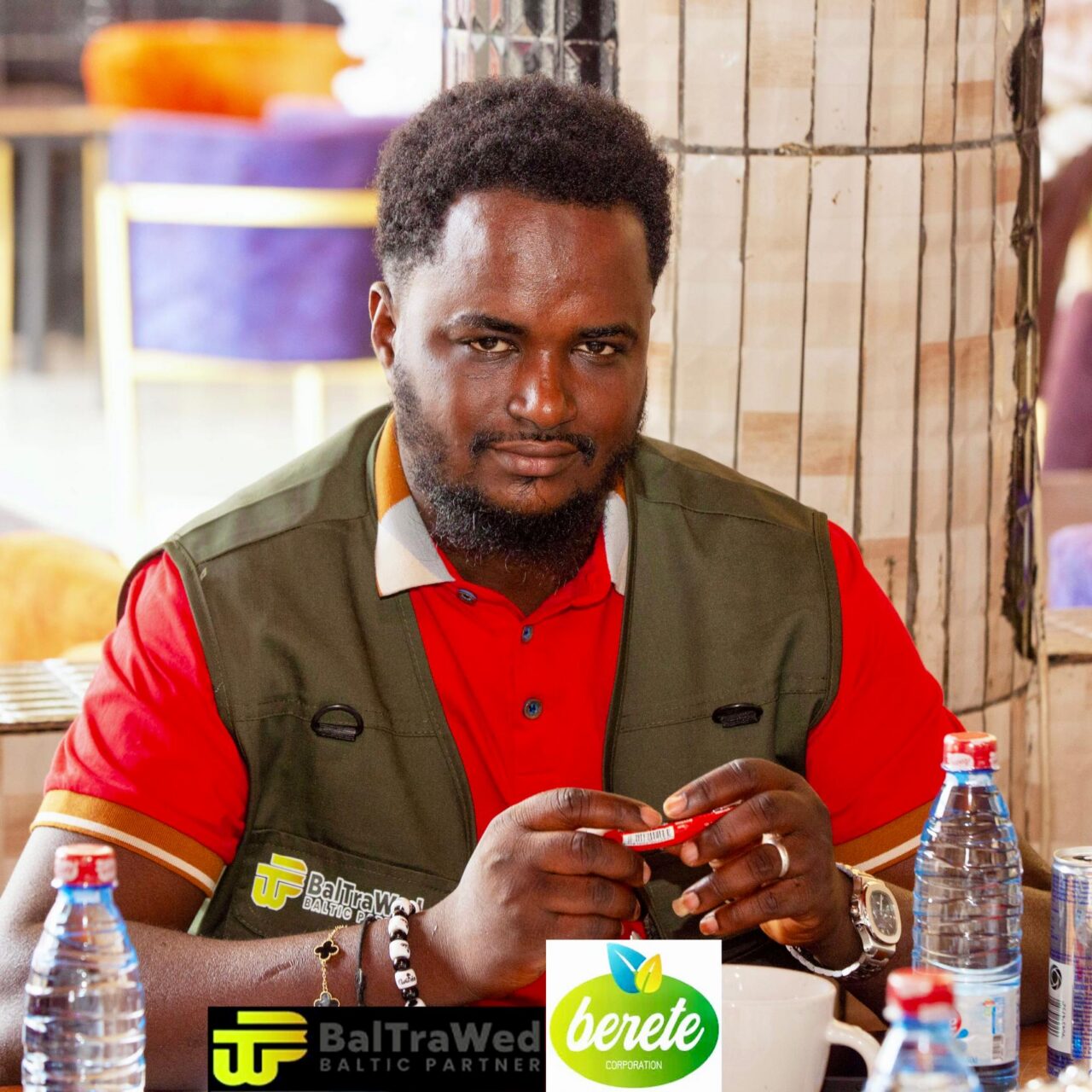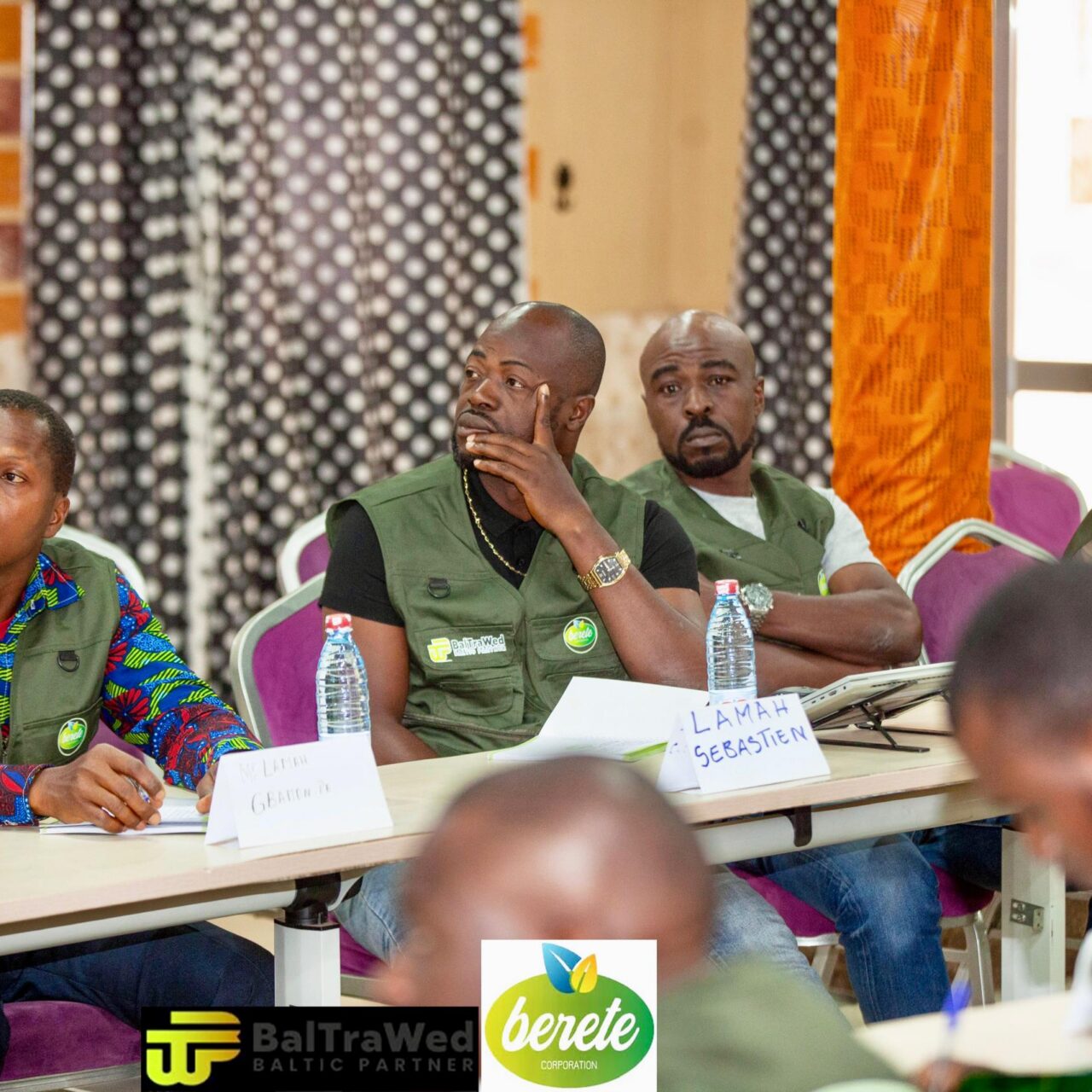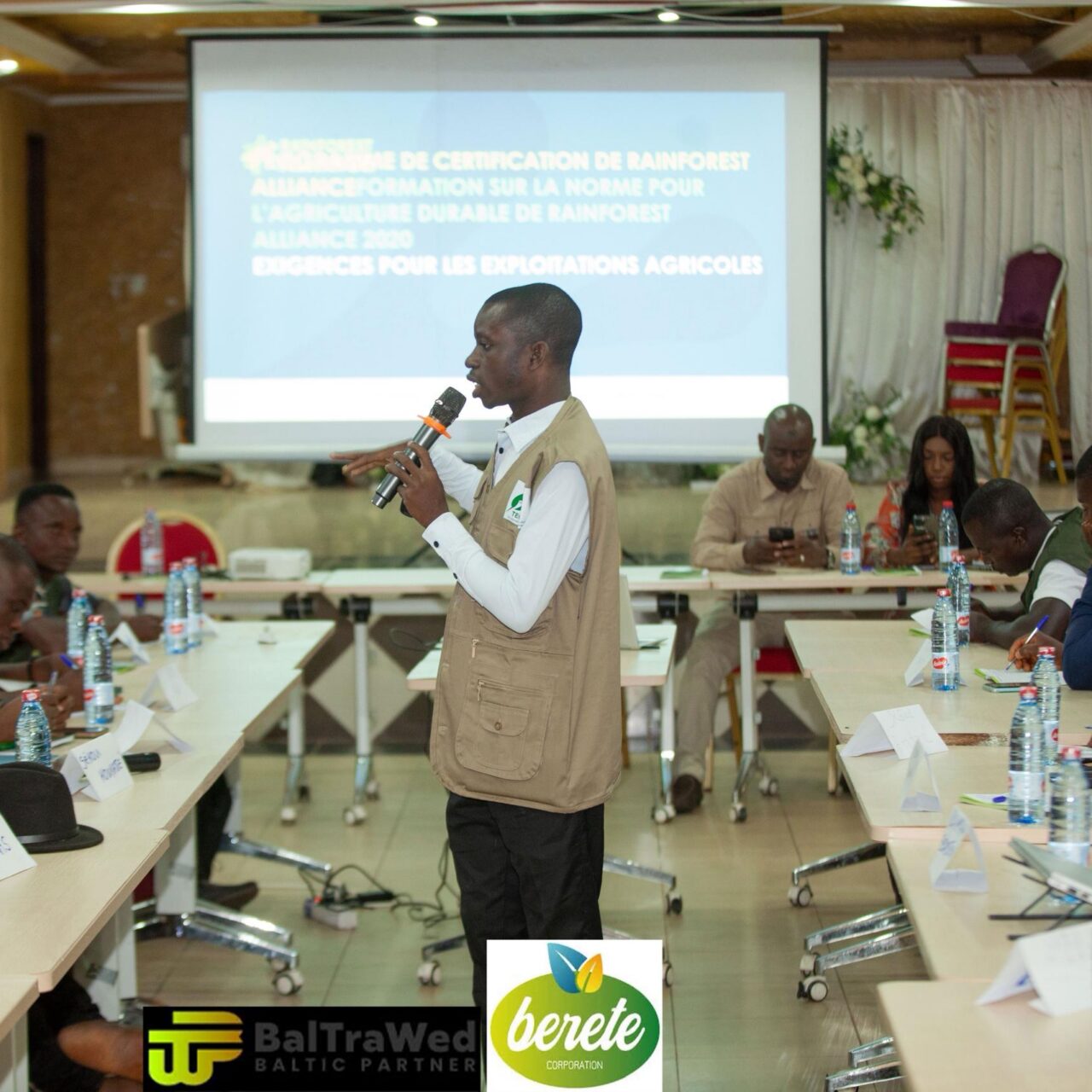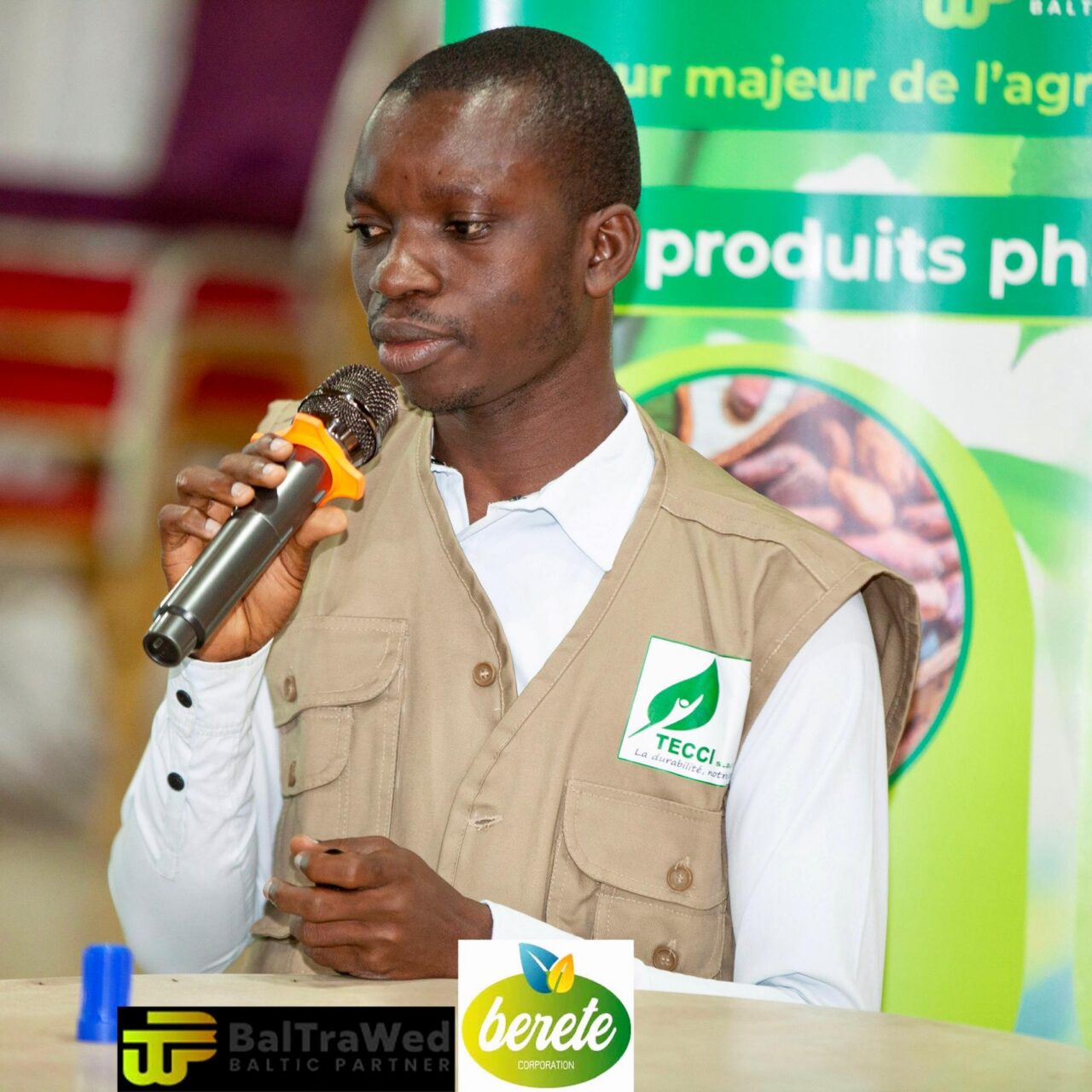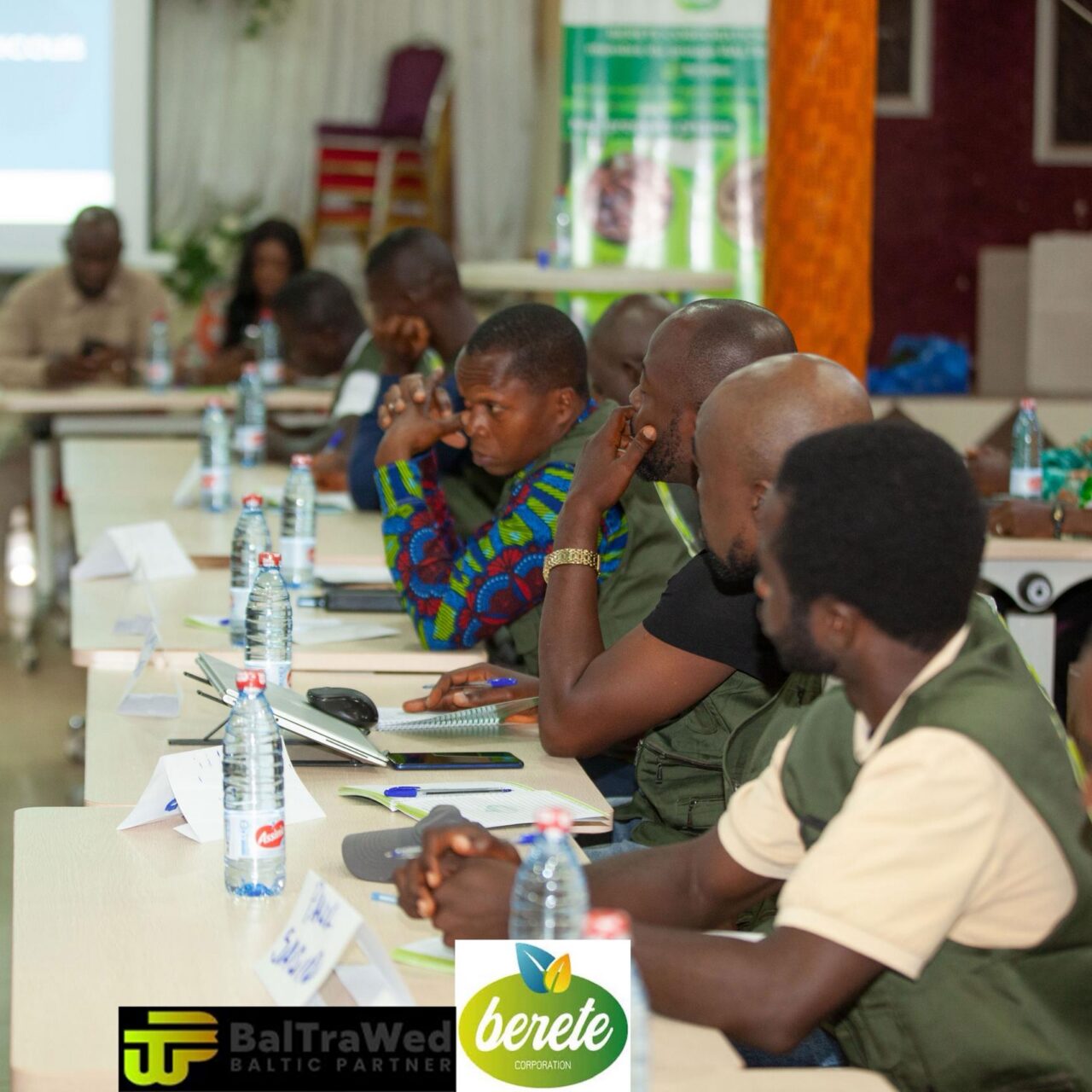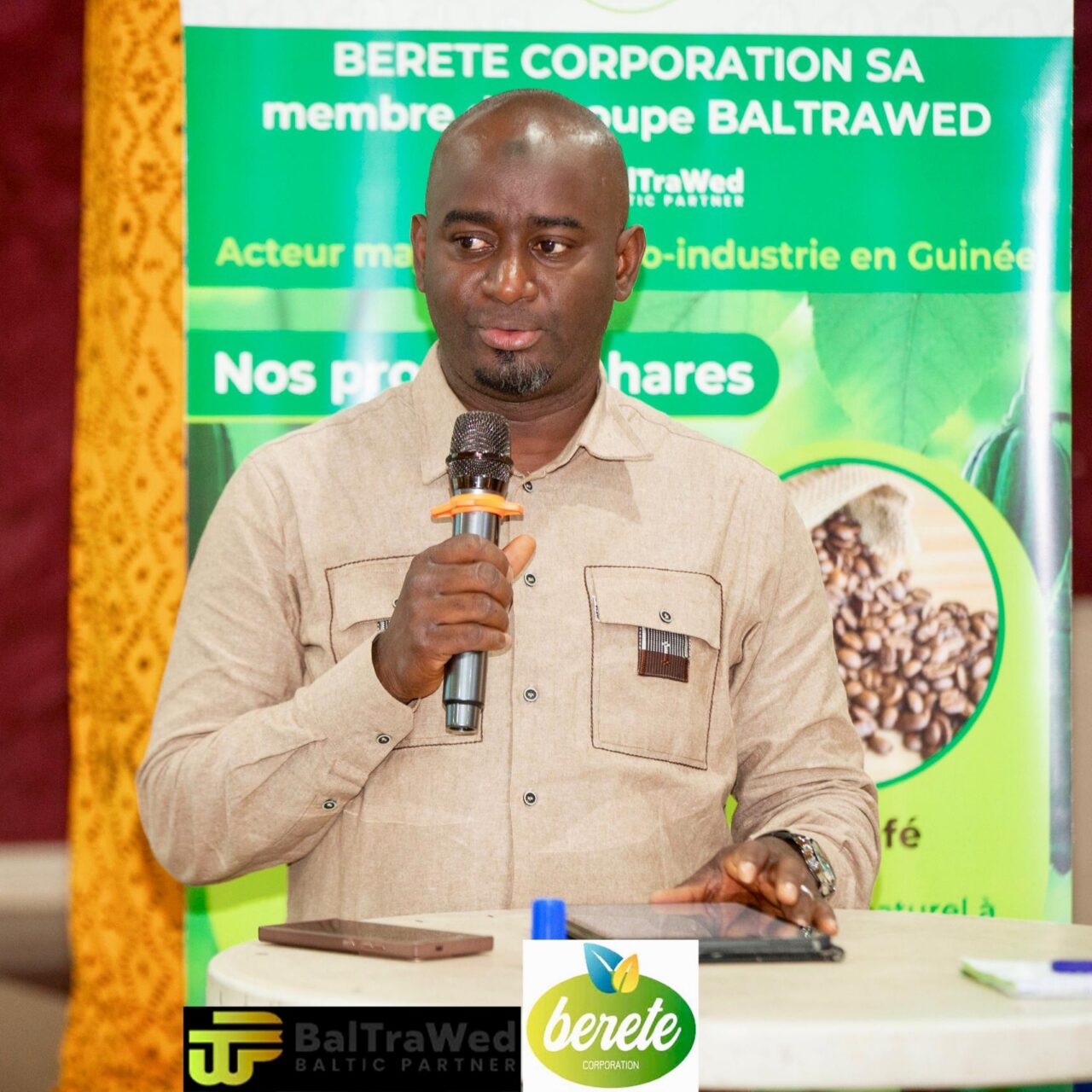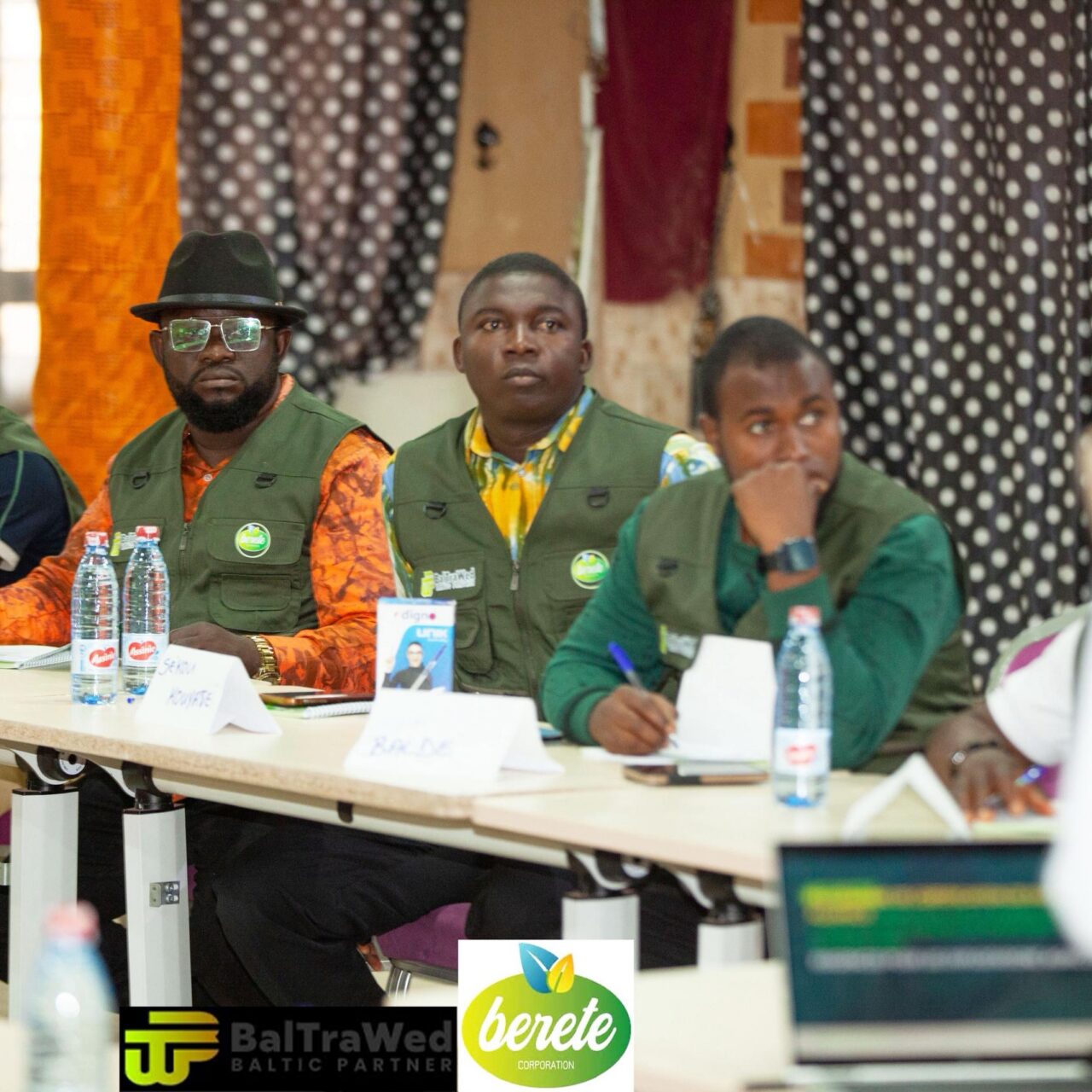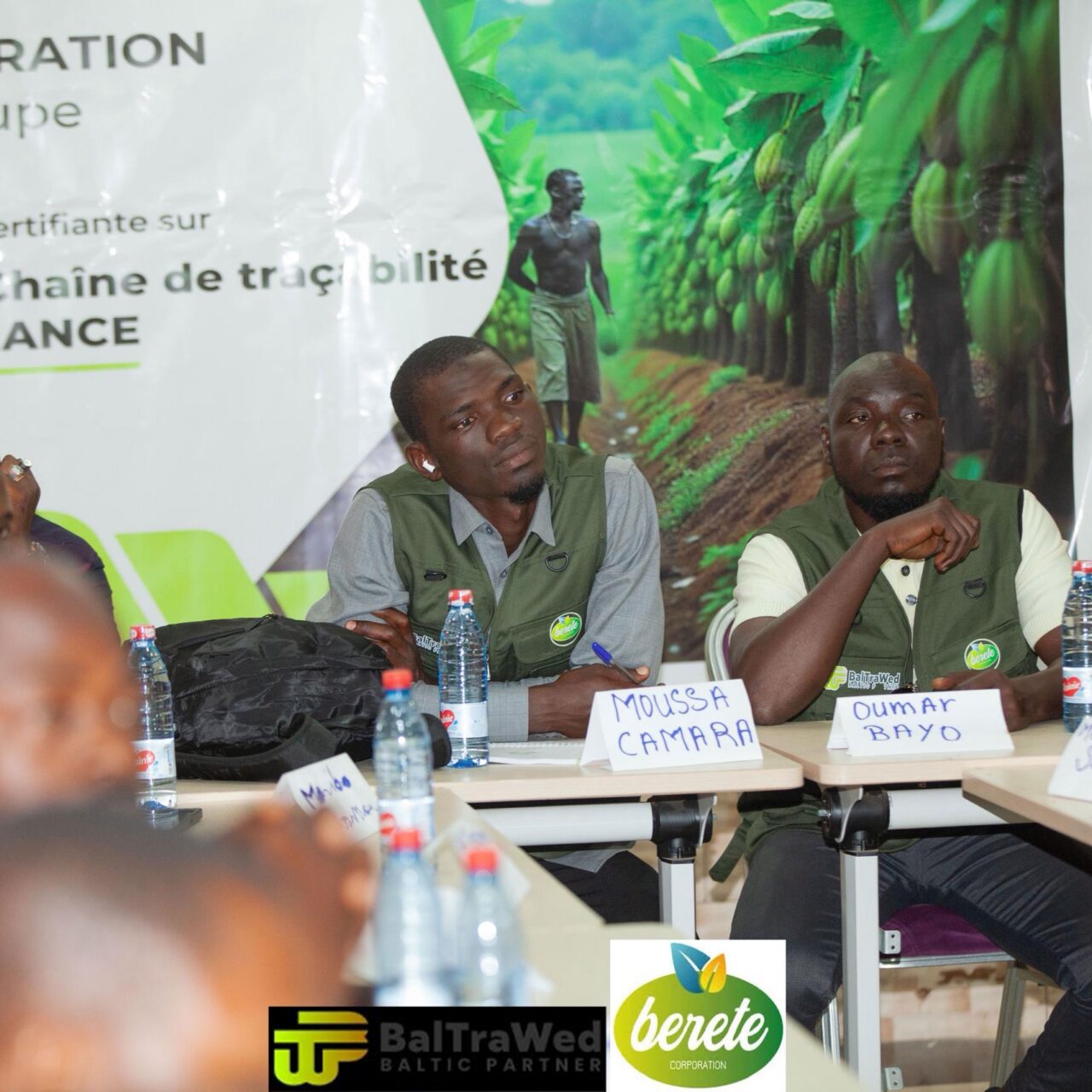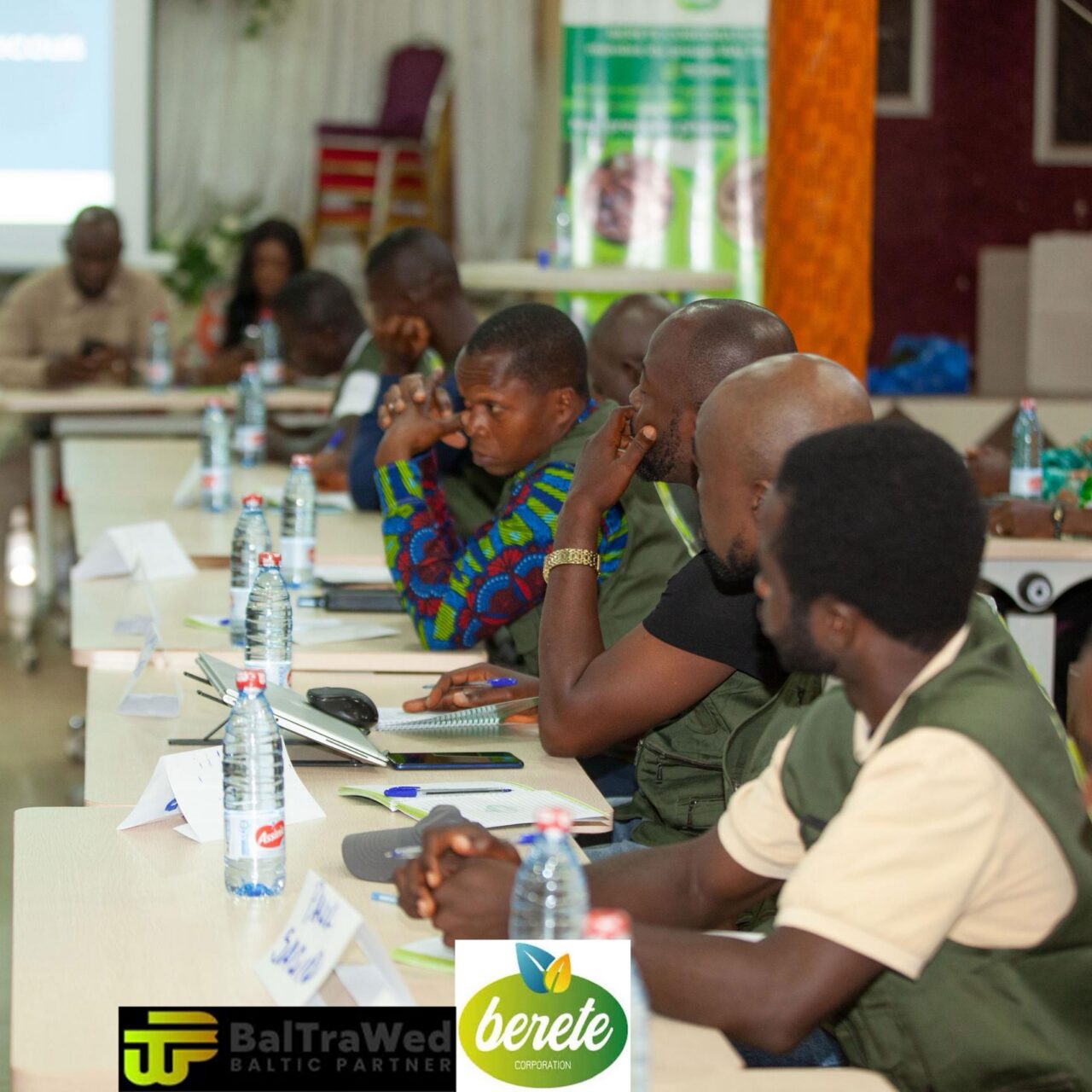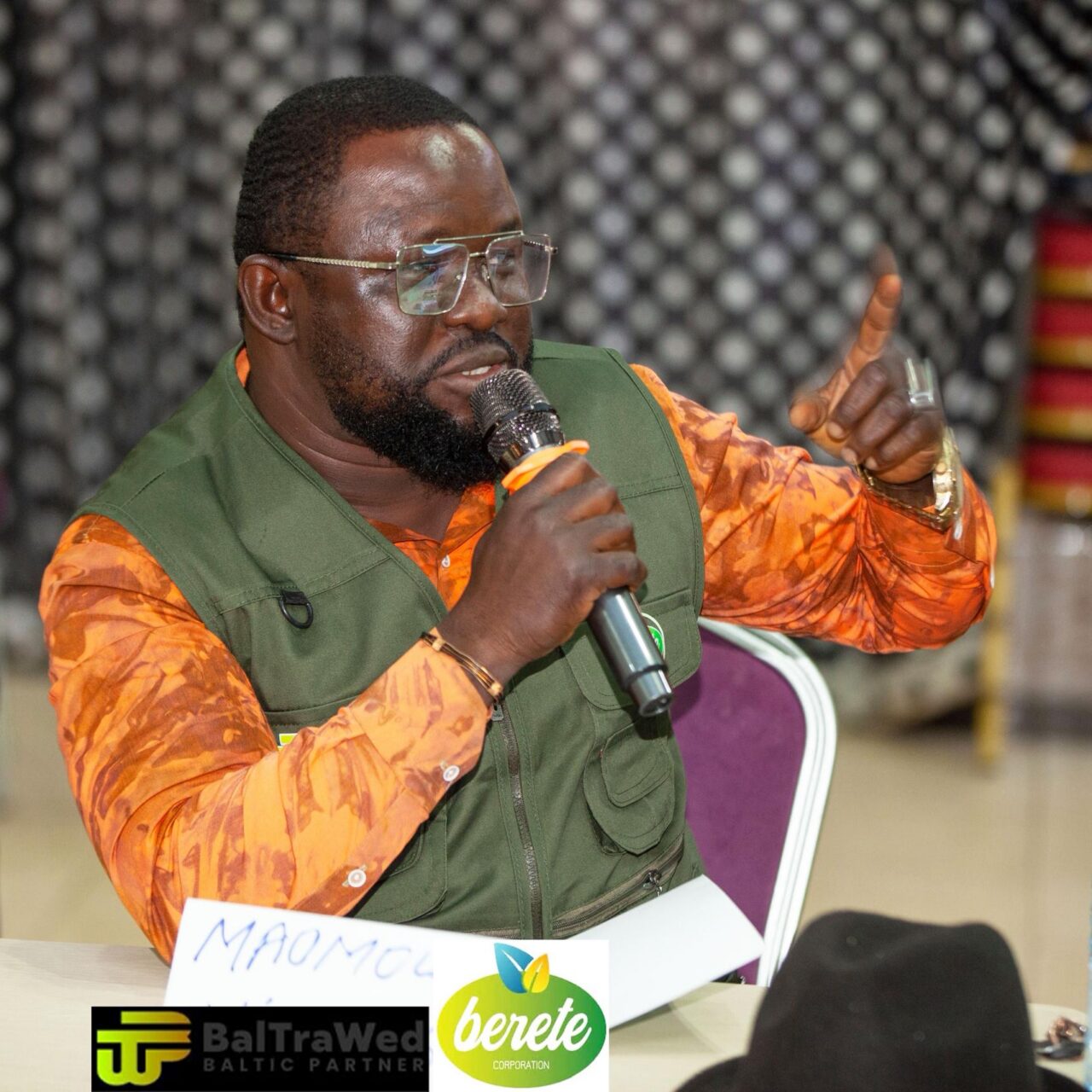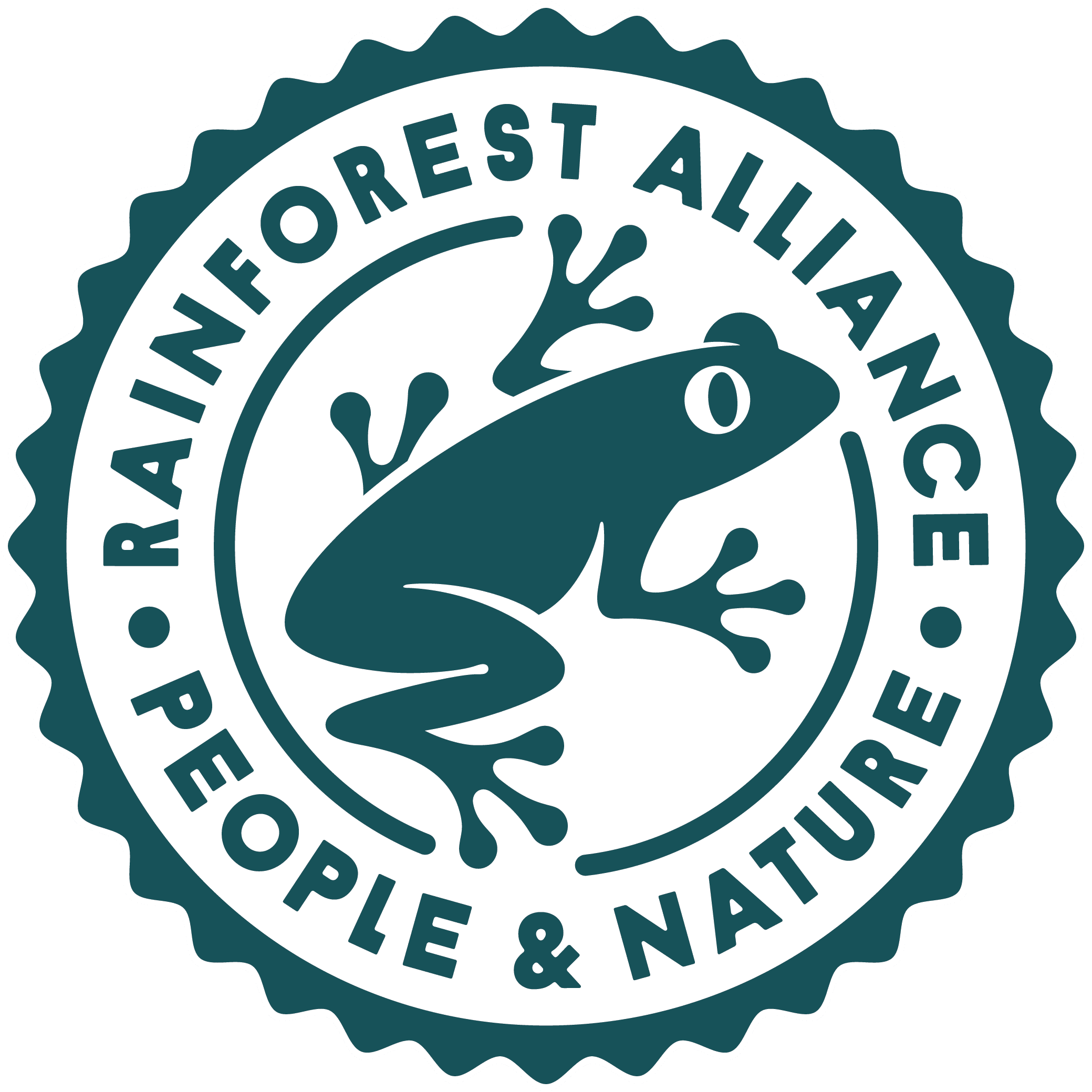Starting in 2026, cocoa bean imports into the European Union will require compliance with the EUDR (EU Deforestation Regulation). This new regulation is designed to ensure that agricultural products entering the EU are not linked to deforestation or forest degradation, promoting a more sustainable global supply chain.
Our company has already taken proactive steps to prepare for this important transition. In West Africa, where much of the world’s cocoa is grown, we are working directly with local farmers and field teams to implement the EUDR framework. This involves detailed training, data collection, and the establishment of transparent traceability systems that will verify the origin of every shipment.
These photos and videos capture an important moment in Guinea, where our team is being trained to collect the necessary geolocation and land-use data required under the EUDR system. By building capacity at the local level, we are not only ensuring compliance but also supporting farming communities with the knowledge and tools needed for long-term sustainability.
Compliance with EUDR is more than just a regulatory step — it is part of our broader commitment to responsible sourcing and environmental stewardship. By investing early in training and infrastructure, we aim to secure a reliable and transparent cocoa supply chain that meets both EU standards and the expectations of our customers.
The coming months will see further rollouts of training and monitoring activities across the region. With the cocoa harvest already beginning, these efforts mark a significant milestone on our path toward full EUDR approval.

